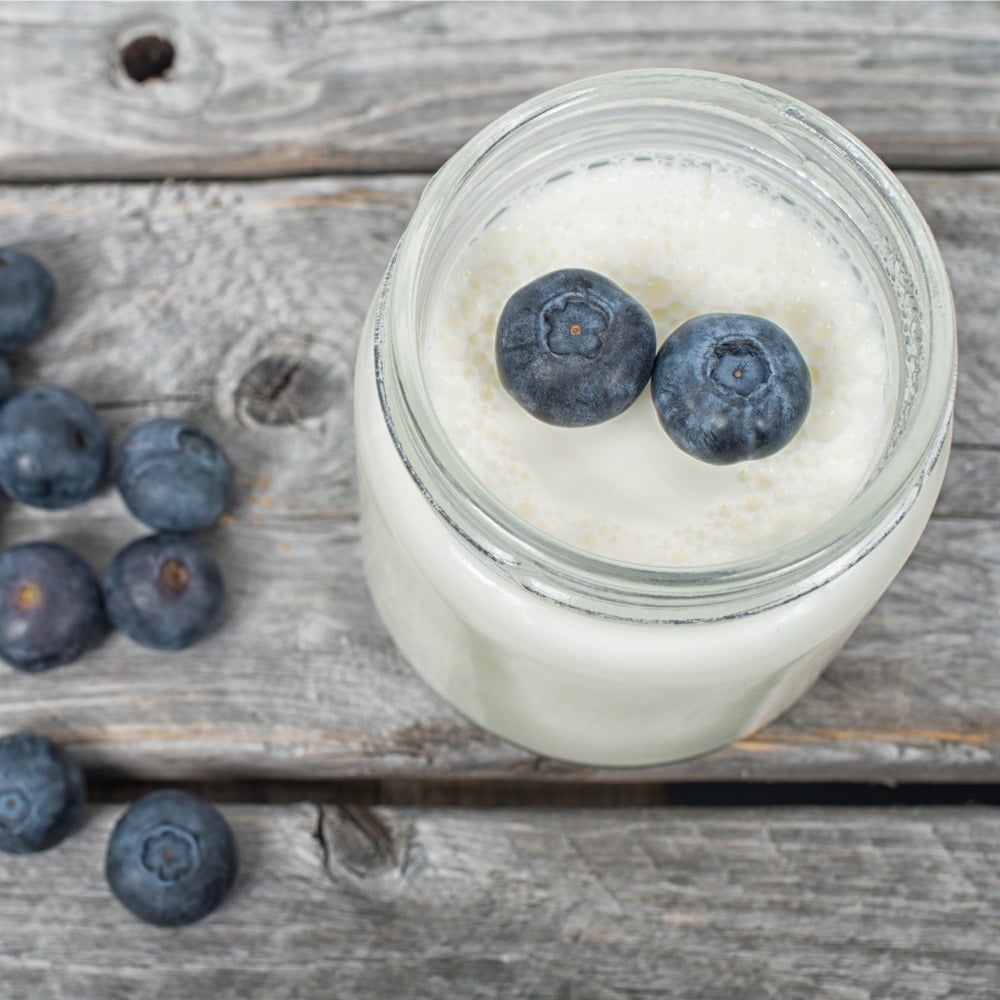Participants were hooked up to an fMRI, then watched a series of pictures designed to stimulate emotional responses, as they were doing this brain scans were done. Placebo subjects without probiotics showed activity in the sensory and emotion areas of the brain; while scans from those in the probiotic group revealed links between the beneficial bacteria and higher thinking, showing activity in the pre-frontal cortex.
Executive function is used to describe reasoning, thinking, judgment, and self-control, things like this happen in the pre-frontal cortex, this type of thinking helps you to stay calm, less anxious, and is the area active when thinking is most clear. UCLA researchers discovered a link between higher thinking and probiotics, probiotics didn’t alter subjects’ emotions, rather enhanced their ability to think and respond.
Results led to realization of probiotics doing more than aiding digestion and easing bloating and gas; they also affect how well and clear we think. For many years scientists had suspected there was a link between digestive and mental health. Inspired by such findings several studies have now shown those with low levels of certain probiotic bacteria experience forgetfulness, confusion, and memory loss.
Other researchers began to investigate further into the relationship between the brain and probiotics, by putting probiotics to the test enrolling 60 elderly men with advanced stages of memory loss to receive either placebo or probiotics including L. acidophilus and B. Bifidum; those who had the probiotics showed significant improvements on memory testing.
Some researchers are working on isolating which probiotic bacteria delivers the greatest benefits. Bifidobacterium longum has been identified to help improve memory and recall in animal studies as well as ability to learn.
In another study when antibiotics were used to remove good bacteria, which also wiped out probiotic levels the mice almost immediately showed signs of memory loss, and brain cell growth stopped; lack of probiotic bacteria affected how the brain worked and well as it’s physical well being. When the mice were given probiotics their memory and recall improved as well as their brain cell growth restarted.
Studies such as theses show strong connections between probiotic bacteria, clear thinking, memory, and brain health to go along with the benefits of relief for gas, bloating, and diarrhea making it even more clear that it is important to maintain high levels of probiotics in the gut.
Upwards of 1,000 species of good bacteria have been identified within the human gut, that all contribute to digestion, nutrient absorption, and immune function to various degrees.
There are thousands of probiotic strains, of these only a very few have been reported to be more special than others which are referred to as keystone species. These keystone species have bigger impacts on environments than others, most of which come from 2 probiotic families: Lactobacilli which do their work in the small intestine; and Bifidobacteria which support the colon and lower digestive tract. Probiotic bacteria appear to do the most good when in balance, these keystones help to maintain that balance.
It is well known within the general public that probiotics aid digestion, ease gas and bloating, but most are not aware that they also support the brain, moods, and ability to think clearly. If your diet does not already include probiotics, perhaps it’s worth considering.




